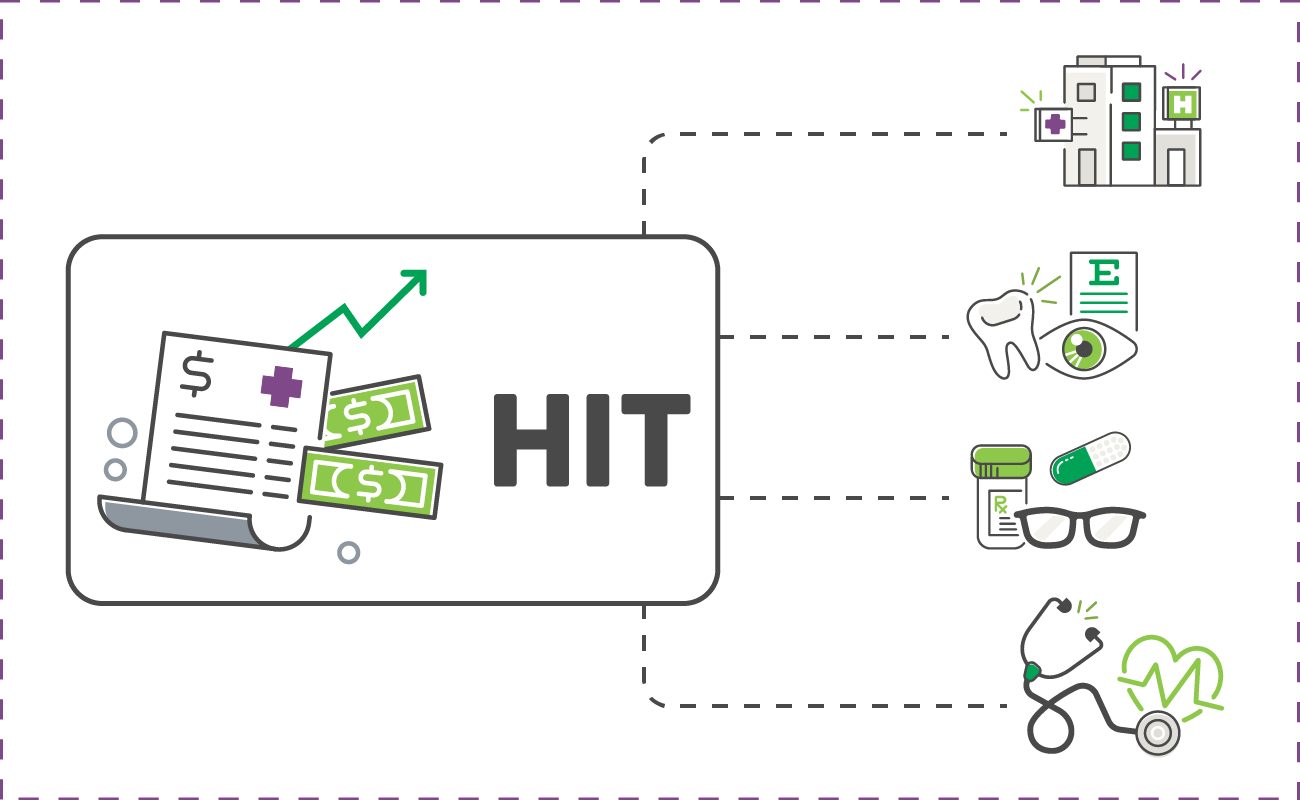Feeling the HIT from Taxes and Mandates

Vacation season is here. A time of year when we get away from the grind and make memories with family. It gives us a chance to breathe and refresh before we return to our daily lives and get back to work.
Likewise, a federal tax that has a big impact on health care costs has been on vacation. Unfortunately, it came back, and health care consumers are about to feel the hit.
The so-called Health Insurance Tax (HIT) requires health plans to pay a hefty fee of $145 billion over 10 years. This unfair tax is used to prop up the Affordable Care Act by funding federal and state marketplace exchanges.
Last summer, in recognition of the growing impact of the tax, Congress approved a one-year moratorium, but it has been reinstated for 2020.
According to an analysis by Oliver Wyman Actuarial Consulting, the astronomical fee will result in premium increases of 2.2 percent in 2020, translating to an estimated average annual premium increase of $479 per family for small businesses, $458 per family for large businesses, $241 for Medicare Advantage members, and $157 for each Medicaid enrollee.
Health insurance rates were recently approved by the state, and there’s a good chance you’ll be paying a higher premium in 2020. Is it hard to see why? The onslaught of federal and state taxes crushing the industry are destined to trickle down to the consumer – a fact not lost on lawmakers who impose countless mandates and fees on insurers and, ultimately, you, the taxpayer.
At a time when CDPHP and other insurers are working diligently to reduce health care costs for consumers, the return of the HIT feels like a punch to the gut. And that’s not the only added cost here in New York.
New York state mandates are also delivering a blow to health insurers and taxpayers for 2020.
The in-vitro fertilization (IVF) mandate, enacted in the 2020 New York state budget, requires coverage of IVF treatment by certain large-group plans, and egg freezing by all private insurance plans.
According to a report commissioned by the New York State Department of Financial Services, the IVF mandate will have a premium impact of approximately 0.5 to 1.1 percent, depending on the region and benefit design.
While some consumers will certainly benefit from the coverage, we must be aware of the heightened premium impact.
I’m a cardiologist by trade, not a mathematician, but between the HIT and the IVF mandate, that looks like a roughly 3 percent premium increase for New Yorkers – before the added and growing costs of hospital, physicians, and other providers are figured in.
The HIT and IVF mandate are but two of many taxes and regulations making premiums soar. And remember, those are far from the only drivers of rising health care costs. I’ve talked about the impact of drug prices and hospital consolidation before, and those forces remain as problematic as ever.
That doesn’t mean we’re waving the white flag. Taxes and regulations are nothing new in the health insurance industry. It simply means we have to get smarter and more creative in finding ways to alleviate cost increases.
As the HIT returns from its vacation, we’re already hard at work. When you take a look at your health plan for 2020, you’ll probably notice more programs and services than ever designed to keep you healthy, increase price transparency, provide better access to care, and improve quality while ultimately lowering costs.
 The Daily Dose
The Daily Dose
Comments are closed.